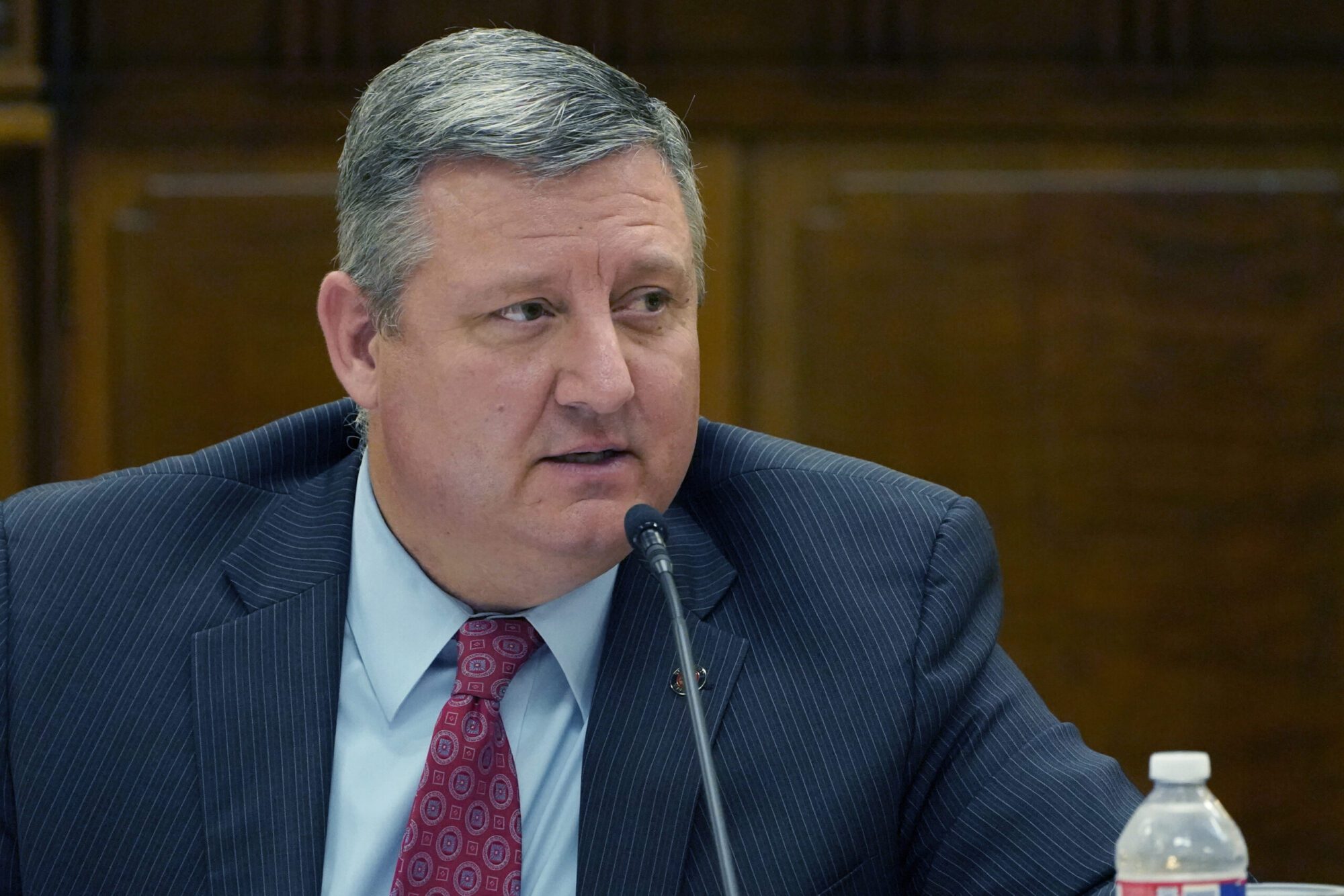
The Mississippi State Board of Cosmetology requires eyebrow threaders to spend hundreds of hours learning cosmetology methods that threaders do not use or need.
In response to these requirements, the Mississippi Justice Institute, the legal arm of the Mississippi Center for Public Policy, has filed a lawsuit on behalf of Dipa Bhattarai in a federal district court. The lawsuit was filed against Attorney General Jim Hood, who helps enforce the licensing requirements, and the Cosmetology Board.
Eyebrow threading is a safe and simple technique that uses just a single strand of cotton thread to remove unwanted hair. It does not involve skin-to-skin contact between the threading artist and customer, does not reuse the same tools on different customers, and does not involve the use of sharp implements, harsh chemicals, or heat.
Yet, Mississippi law requires eyebrow threaders to obtain an esthetician’s license to practice. But before they can do that, they must complete 600 hours of instructions over a minimum of 15 weeks and pass two exams. Not one hour of the classes covers eyebrow threading.
By comparison, emergency medical technicians, who literally holds lives in their hands, are only required to complete 165 hours of training in Mississippi.
”Our client is just trying to pursue the American Dream, by putting her own skills and work ethic to use in a safe and worthwhile trade,” said Aaron Rice, the Director of the Mississippi Justice Institute. “Unnecessary laws and regulations are preventing her from doing that. We want to help people like her fight back against this kind of job-killing red tape.”
Plaintiff Dipa Bhattarai ran a successful threading business before she was fined and shut down by the state Board of Cosmetology.
Bhattarai grew up in Nepal, where threading is a way of life, and learned how to thread at a young age from her family. She came to Mississippi after receiving a scholarship to attend Mississippi University for Women, where she saw an opening in the market for eyebrow threading.
”My friends loved it when I threaded their eyebrows for them, and kept telling me I should open a business,” said Bhattarai, who is now a graduate student at the University of Mississippi. “I knew it was a great opportunity to bring together my passion for threading and my dream of owning a business.”
Dipa hopes to re-open her business so she can continue to thread, while training and employing other threaders in Mississippi.
Everett White, an attorney with the law firm Sones & White, PLLC, is also serving as co-counsel to Ms. Bhattarai, and is not charging for his legal services.
“I was really moved by Dipa’s story, said White. “She came here legally from Nepal to attend college and started an eyebrow threading business to support herself. Then the government shut it down based on irrational and unconstitutional regulations drafted by potential competitors. It’s ridiculous.”
The lawsuit argues that Mississippi’s licensing scheme violates the due process and equal protection rights of unlicensed eyebrow threaders, because it is not rationally related to any legitimate governmental purpose.
A similar Texas law was struck down by the Texas Supreme Court in 2015. Louisiana, Tennessee, and Arizona all repealed their licensing requirements for eyebrow threading after lawsuits were filed in those states.
“Mississippi’s ban on unlicensed eyebrow threading has nothing to do with public health and safety,” said Rice. “It is an unconstitutional giveaway to special interest groups who want to eliminate their competition. Laws like these hurt workers of modest means and young people like our client who are just trying to get their start in life.”
Attorney General Jim Hood and the Board of Cosmetology will have 21 days from service of the lawsuit to respond.
Read the complaint below:
Filed Complaint by yallpolitics on Scribd











